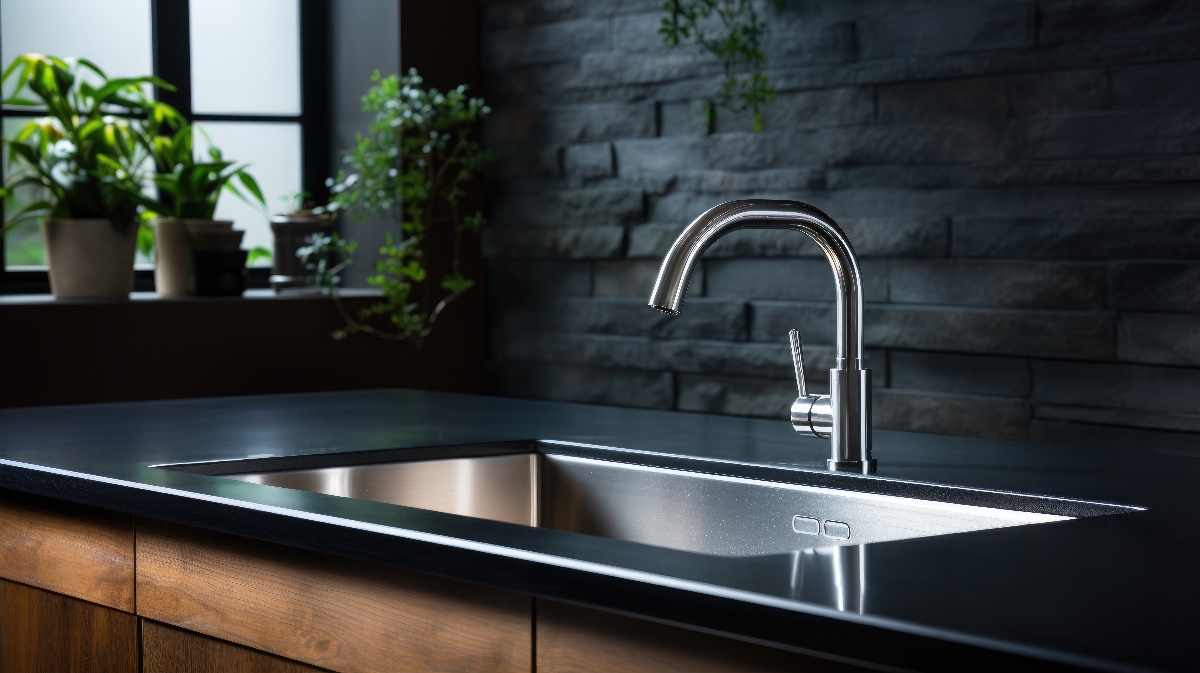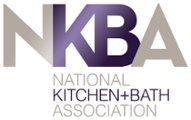Remodeling projects can take years to come to fruition, and when you spend that much time and money on something, you want it to be perfect. Inflation is driving up the cost of everything from food to lumber which may be leading you to wonder; what does inflation mean for my remodel project? While the news isn't all great, it doesn't mean that you should put your project on hold. In fact, now may be the best time to move forward.
What Is Inflation?
Inflation is the overall increase in the price of goods and services across the economy. Inflation is a standard economic principle and is to be expected at a low rate. However, when inflation skyrockets like it did post-pandemic, it puts a squeeze on the family budget. Unfortunately, the price of household consumer goods like furnishings and home improvement materials was one of the hardest hit by post-pandemic inflation.
What Does Inflation Mean for My Remodel Project?
Inflation is brought on by several factors, which means it will affect several factors in your remodel process. First, materials will cost more because that is the nature of inflation. Everything in the supply chain costs more, meaning the end product will be more expensive.
Second, one of the drivers of inflation is a smaller workforce and increased demand, which means projects take longer, and there are more to complete. Couple that with the fact that everyone spent two years in their houses making lists of parts of their house they want to upgrade, and you get high demand with low supply. In short, your remodeling project will cost more in both raw materials and labor, and you can expect a longer wait time.
How Can I Get Around Rising Costs?
While it is nearly impossible to skirt all the increased prices in your remodel, there are certain things you can do to help get around the rising costs.
Fixed Price Contract
One of the best things you can do for your remodel is lock into a fix priced contract. The last thing you want is inflation to jump mid-project and cost you even more. A fixed price contract eliminates that worry and incentivizes the builder to get the project done as soon as possible to prevent the costs of goods from rising and cutting into their profits.
Financial Assistance
If you have enough equity in your home, you may be able to take out a home equity line of credit or work with your contractor to finance your project. Being able to pay off your project upfront will spare you the worry of material costs rising during the project.
DIY What You Can
You may be able to save money by doing some of the labor yourself or finding appliances on a deal. However, this should be communicated with your contractor so they know what parts you plan to do yourself.
In addition, you should know what you are doing because if you are doing the demo yourself, like removing cabinets, and you damage the drywall behind the cabinets, you will have to spend time and money fixing the drywall, which may end up costing more than if you let the professionals do it from the start.
Reuse What You Can
You can often cut costs in a remodel by reusing some materials that aren't damaged in the demolition project. This is not only a money saver but also better for the environment.
What If It Costs More Than My Original Budget?
There is no way around the fact that most remodel projects planned in the past few years will cost more than they did when they were initially planned. Just because the project will cost more than initially planned does not mean you should scrap it. A remodeling project will add new life to your home and make the family happy.
While it may cost more now, it is an investment for the future, hopefully increasing your home's value. Don't wait; get started on your kitchen remodel today by contacting us to learn more.











